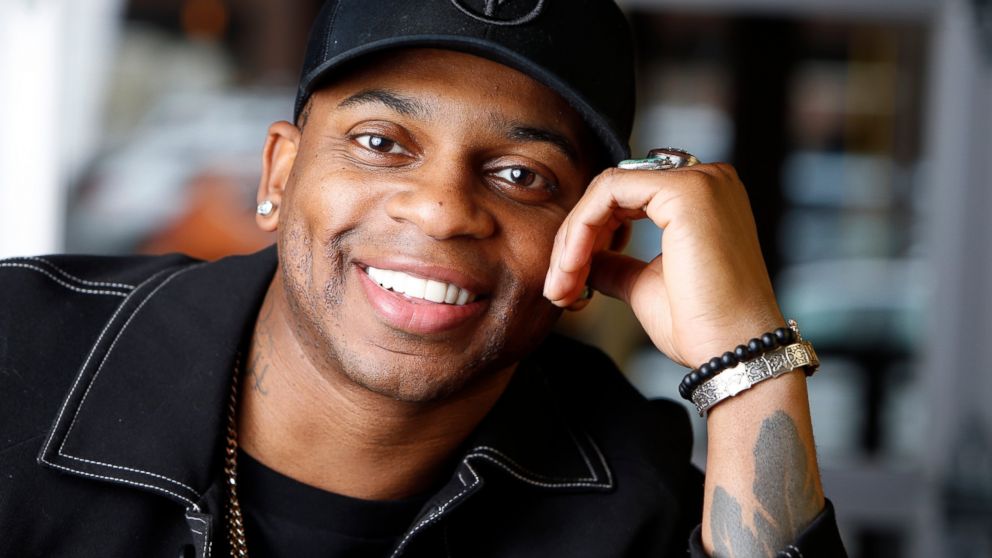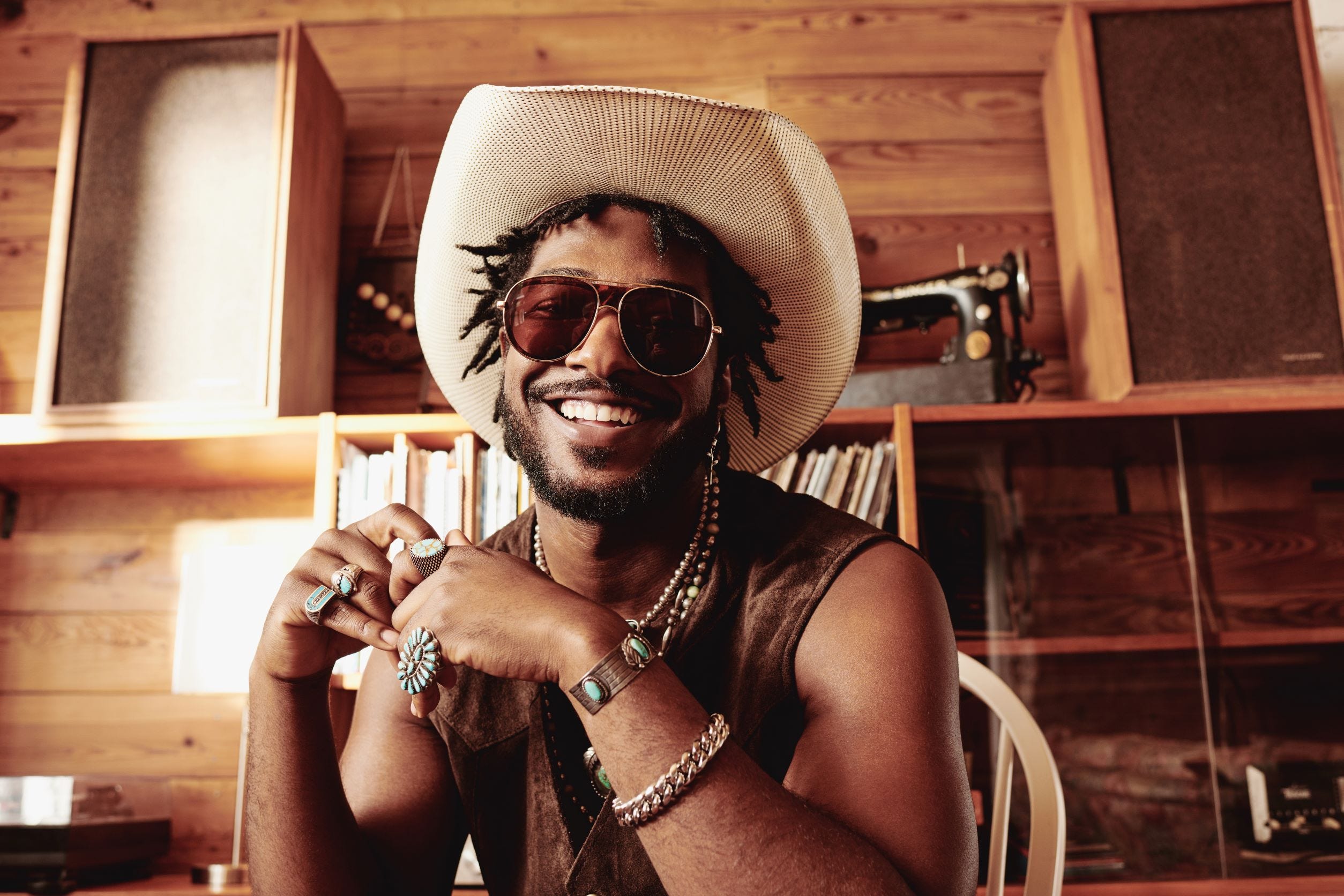


In what was considered a “meme” or “parody” of country music, Nas X’s “Old Road Town” was tagged ‘country’ on music platforms, as the essence of the song is, in fact, country. In the time of SoundCloud, Lil Nas X has achieved what “Like a Farmer” rapper Lil Tracy, Houston head Travis Scott and eccentric crooner Young Thug have yet to do: reach the country charts. Without the privilege of receiving credit with an open hand, black traditional blues and country musicians have been silenced. However, this statement is purely a fallacy, as southern blacks have long been ostracized from country music, a genre that they’ve essentially created. The gut punch comes at mid-point when Rebel adamantly says that if blacks let their work ethic outweigh their time for complaining, they’d be treated equally to white counterparts. Lee Freeway” to make an album on Racist Records, met by label execs gawking at Ruckus’ black presence, with one mentioning that their audience expects segregation. Careful not to reveal his identity once Rebel comes to visit, Ruckus pretends that the “real” Uncle Ruckus is a “true blue American white man.” Through the natural order of chaos, Rebel ultimately discovers Ruckus’ true identity, and both hit “Robert E. Internalized racist character Uncle Ruckus is a lifelong fan of Rebel, recording his own songs in hopes of reaching Rebel’s ears. The episode introduces Rebel (modelled after now-deceased white nationalist singer Johnny Rebel) as a nightclub country singer performing racist anthems in the fictional town of Spokenhoke. Titled “The Story of Jimmy Rebel,” if you were present for the airing of The Boondocks’ depressingly surreal third season, you know exactly why “Jimmy Rebel” was banned. It isn’t for the faint of heart, as the episode was slapped onto television’s banned list, no longer accessible for airing since it’s 2010 premiere.

So, there’s this episode of The Boondocks.


 0 kommentar(er)
0 kommentar(er)
